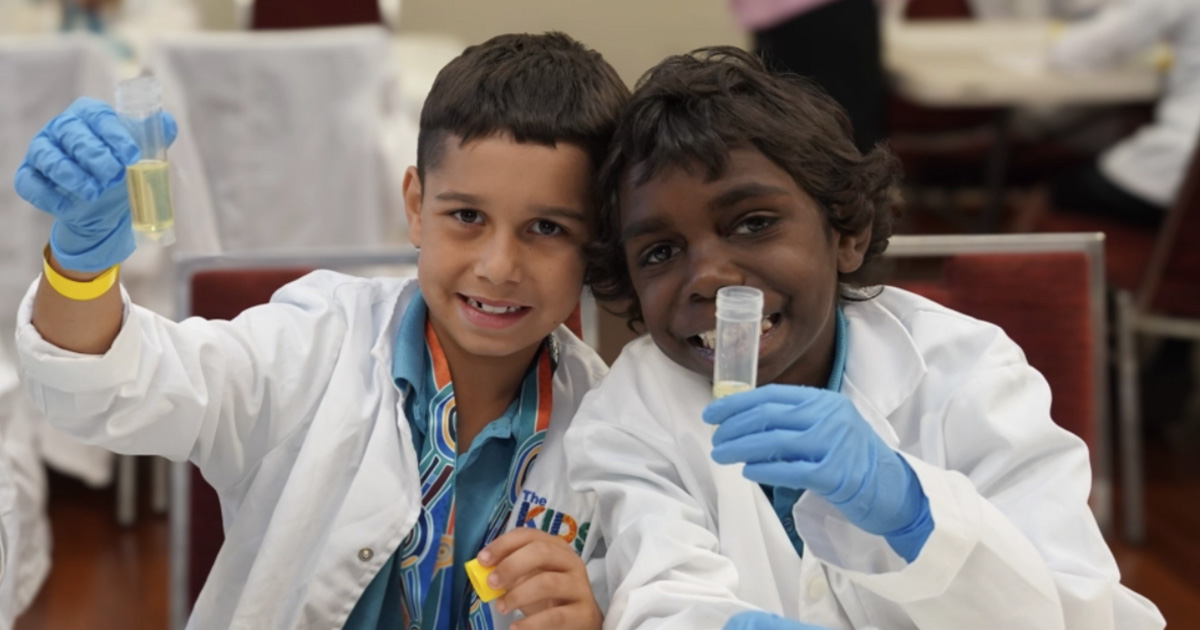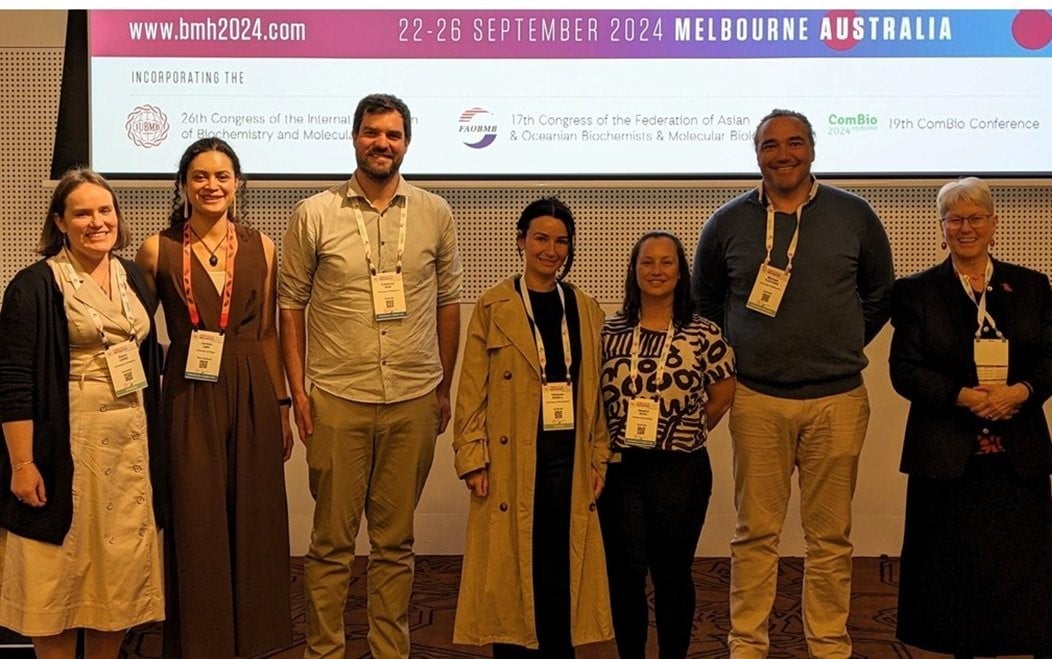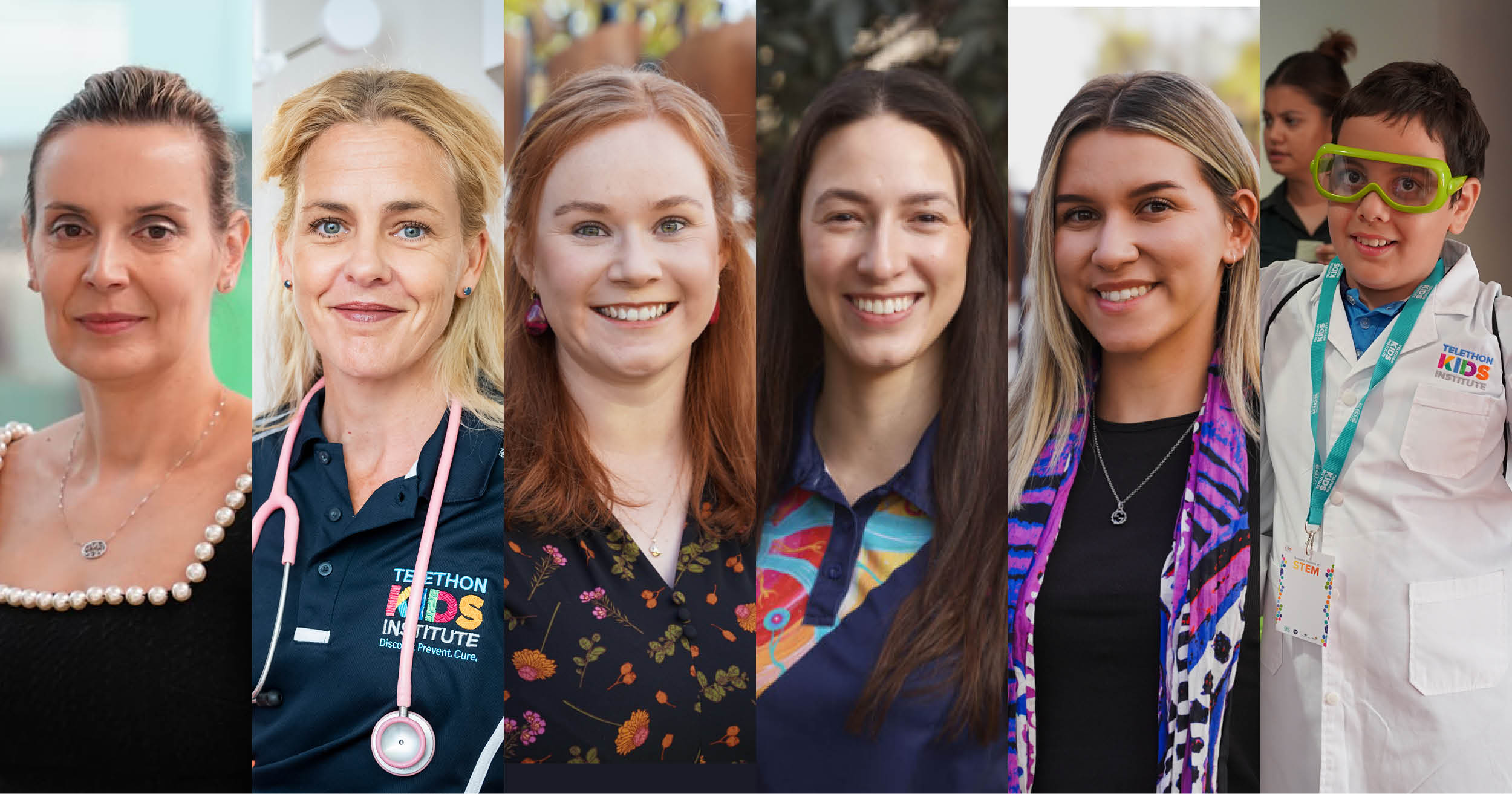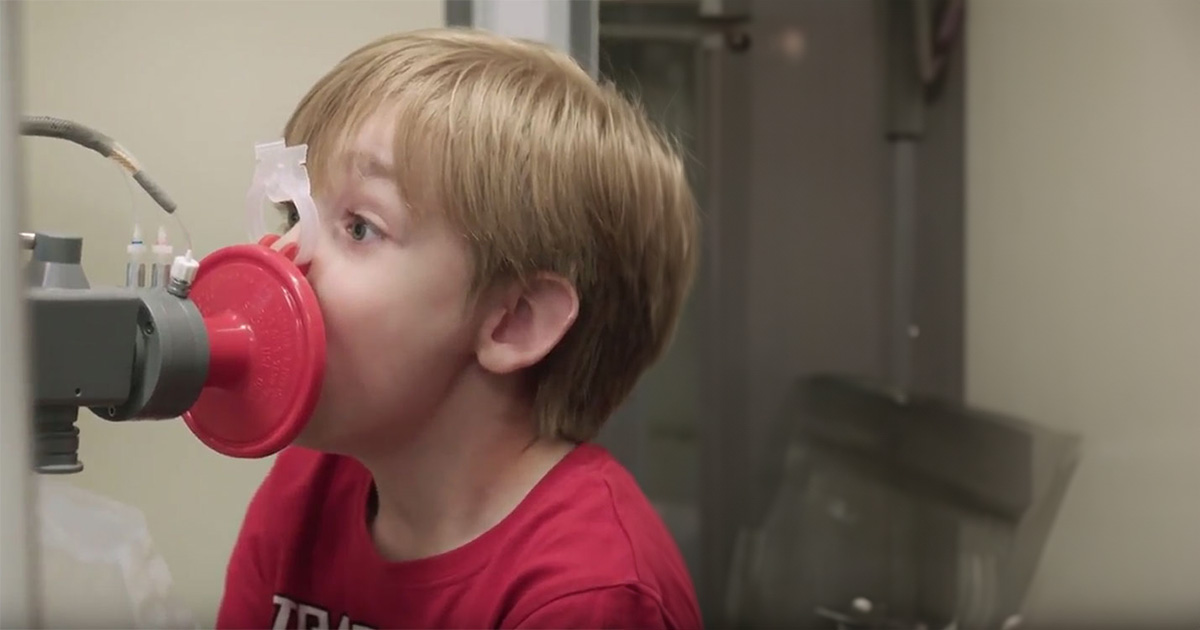Search

News & Events
The Kids STEM Festival sparks curiosity in the Kimberley!The Broome Civic Centre recently turned into a buzzing hub of discovery as The Kids Research Institute Australia proudly presented the 2025 Broome STEM Festival.

News & Events
Walking together for ReconciliationOur vision for reconciliation is a future where Aboriginal and Torres Strait Islander children and families experience equity in health, wellbeing and opportunity – empowered by partnerships grounded in respect, collaboration, and benefit.

News & Events
A call to action: the second Lancet Commission on adolescent health and wellbeingThe health of the world’s 1.96 billion adolescents is at a critical tipping point.

News & Events
In memoriam: Vale Emeritus Professor Michael Alpers AO CSM FRS FAAWe honour the memory of Emeritus Professor Michael Alpers, a colleague and friend to many at The Kids Research Institute Australia, who passed away on December 3, 2024.

News & Events
Beyond the horizon: improving cancer outcomes for Indigenous childrenDr Jessica Buck, a researcher at The Kids Research Institute Australia Cancer Centre and a Kamilaroi woman, is on a mission to address the unique challenges faced by Aboriginal and Torres Strait Islander children with cancer.
News & Events
Prestigious honour for Indigenous Genomics leaderTrailblazing Aboriginal doctor and health researcher Professor Alex Brown has been made a Fellow of the Australian Academy of Technological Sciences and Engineering (ATSE) in recognition of his leadership in ensuring Indigenous peoples are at the forefront of genomics efforts nationally and internationally.
From the forest to the desert, across rivers and oceans, we have pioneered groundbreaking research to improve the health and happiness of kids

News & Events
The Kids researchers named finalists in 2024 Premier’s Science AwardsFive The Kids Research Institute Australia researchers and a popular Institute-led science festival for kids have been named as finalists in the 2024 Premier’s Science Awards.

News & Events
WA Government delivers funding boost to research sectorMEDIA ENQUIRIES Mailing list Discover. Prevent. Cure. Media Contacts Be Inspired About The Kids Please direct general enquiries to our reception on (

News & Events
Census data reveals stark gap in asthma risk for inner and outer city kidsChildren who live in the outer suburbs of Australia’s four biggest cities are twice as likely to have asthma as those living in inner city areas, according to a new study based on health data captured in the last Australian Census.
